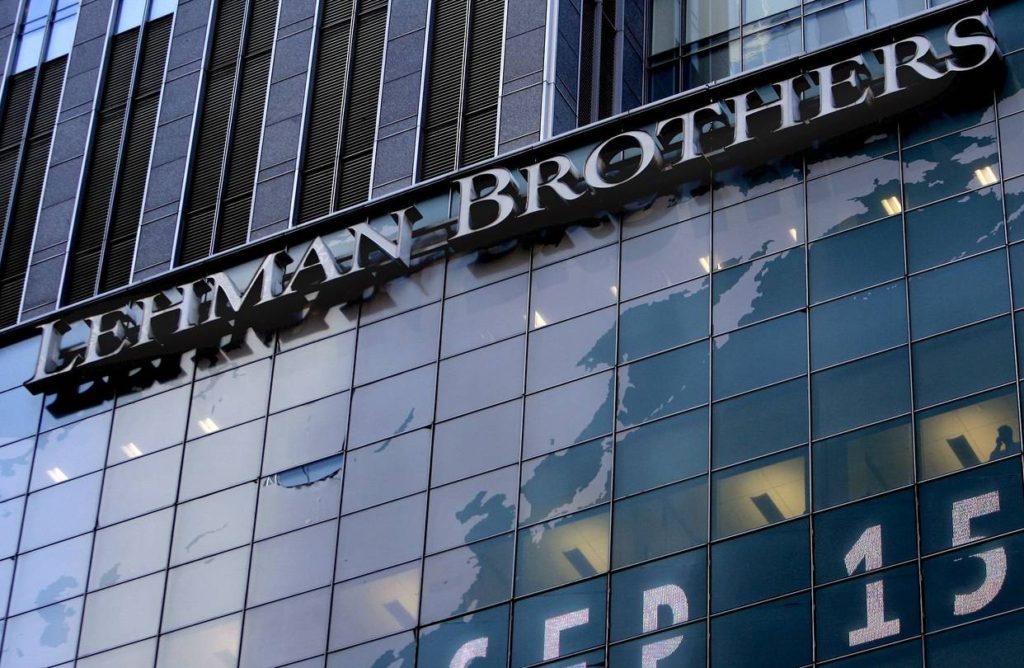Famed Professor Ghulam Sorwar comments on Lehman Brothers collapse ten years on
On September 15 2008 Lehman Brother’s Bank filed for bankruptcy, in what was one of the key moment of the Global Financial Crisis.
Ten years on experts from the University of Salford Business School look at what went wrong and assess whether something similar could happen again.
Ghulam Sorwar, Professor in Finance at the University of Salford Business School, leads the new MSc in Fraud and Risk Management course, just launched by the university.

Professor Sorwar said: “At the time policymakers were afraid of the increase in systemic risk in the aftermath of the Lehman collapse – that is risk where the failure of single institutions leads to a cascading action which ultimately results in the whole system collapsing, may become a reality.
“Policymakers alleviated this through two main routes; quantitative easing and lowering interest rates.
“So what has been the impact? First quantitative easing has led to increases in asset prices such as houses and the stock market. So the rich have become richer and the poor remained where they are, if not poorer. Growth has been modest, and salaries have not kept up with inflation, so despite almost full employment, the majority of people are worse off. To summarise, quantitative easing has been a subsidy to the rich, even if that was not the initial intention of the policy makers.
“Second, lowering interest rates meant that borrowing became cheaper not only for individuals but also for nation states. We are seeing the consequences of this with Turkey and Argentina. In the case of Turkey, it’s currency, the Lira, has collapsed almost by 50% resulting in currency outflow and cancellation of many mega projects. Argentina, on the other hand, are following their tried and tested route of going to the IMF with their begging bowl. It has worked for them in the past, why not now?
“The main problem now is asset prices are at a peak so they can only go one way and that is down; and the raising of interest rates by the Federal Reserve. Raising interest rates has resulted in money flowing back from the emerging economies back to the US. To put it in context, the major emerging market index has collapsed by almost a third since the beginning of the year and is causing severe disruptions in the market leading to increase in market volatility both in the emerging and developed markets.
“Have we fully recovered from the 2008 crisis? No. Is there going to be another crash? Most probably – but in what form and when that is the trillion dollar question.”
